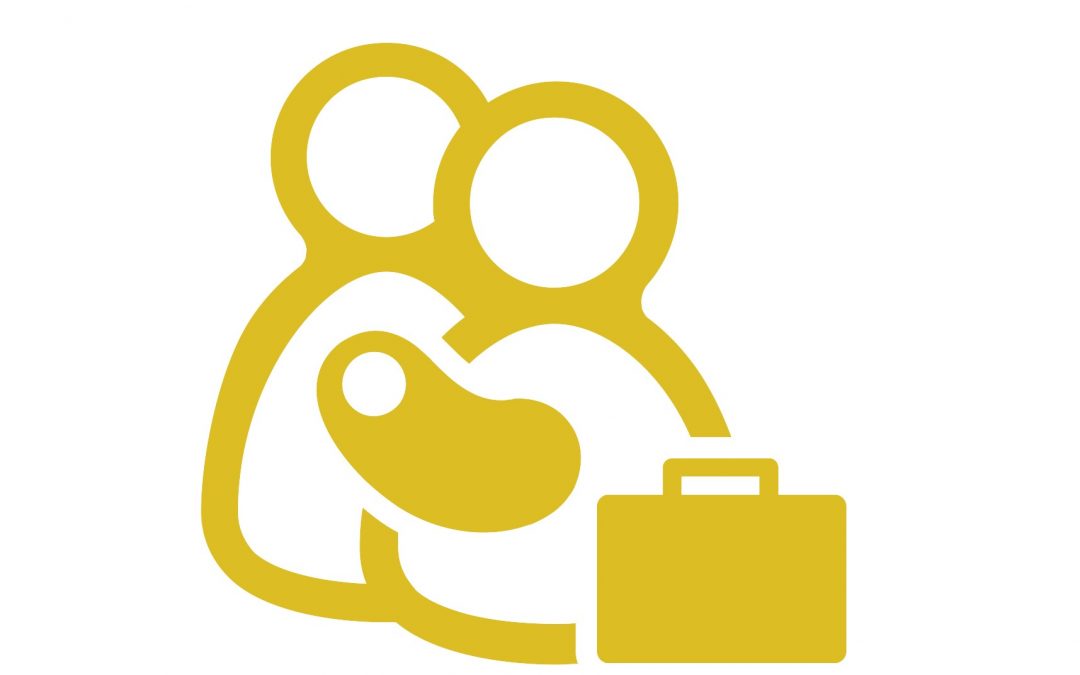Two stories for you:
More than 20 years ago my oldest son was training to do development aid work in the bush of Zimbabwe. As part of his team training, he invited me to come give a talk about health with his team. I was a nurse and a paramedic at the time. I did the usual – wash your hands when you can, pay attention to the quality of the water you drink, let’s learn some basic first aid, and keep it zipped. But I also had them choose a health partner then and there. “If you get hurt or sick that partner commits to hanging with you through definitive treatment and recovery.” As these were pre-internet days, my wife and I got a letter from him in Zimbabwe monthly. Then 3 months went by without a letter. Anxiety. One day my wife and I received a letter. “My name is Meghan, I am your son’s health partner. He has malaria. We got him to Harare and he’s being treated in a Western clinic. He’ll be OK.” Concern and relief. What great fatherly foresight to insist on health partners!
I’ve been married more than 40 years. Several years ago I found myself becoming more and more short with my wife. I was being boorish to her. I realized that as I was becoming more disabled with my multiple sclerosis, she was filling the slack in my household participation and paying more attention to my safety. I realized that I was needing a caregiver. Crap. I hated that. “Oh honey, I’m sorry I’ve been such a jerk. You don’t deserve that. I’m having trouble accepting that you’re starting to be my caregiver.” She retorted, “I’m not your caregiver, I’m your partner! Your care partner.”
As my work empowering people at the center of care evolves, I’m focusing more sharply on the patient/partner unit. Navigating the health journey is complex, treacherous, and emotional. Few can successfully navigate alone. The health partner/care partner helps you navigate the health journey. They commit to being your wing person, your chief of staff, a person you trust to problem solve and hang in there with you. So is this person a health or care partner?
The well, the acutely ill, the chronically ill, and the dying are all on a health journey. Does care occur when you absolutely can’t do it by yourself? Does care occur when you’re a patient and part of the medical industrial complex? In those cases, your wing person is a care partner? Is a health partner there when you’re still well and partners with you to stay well – lose weight, meditate, exercise?
Does it even matter what we call them? I’d like to pick one. When I Google, the top searches for both come up for Partners Healthcare, the behemoth Boston health system. I think most people who use the term say care partner, but I have no evidence for that.
When I work with people struggling on their health journey, I address their personal goals and health team with them first. A health partner/care partner is always part of solutions. Please share your thoughts about the role and the label.







I love the application of the health and care partner in your two stories and I feel like each term is better used in each context. I think it’s important to make sure our PCPs push us to think about and pick a partner.
We avoid thinking about a partner until our next of kin is pushed into having to act in the role.